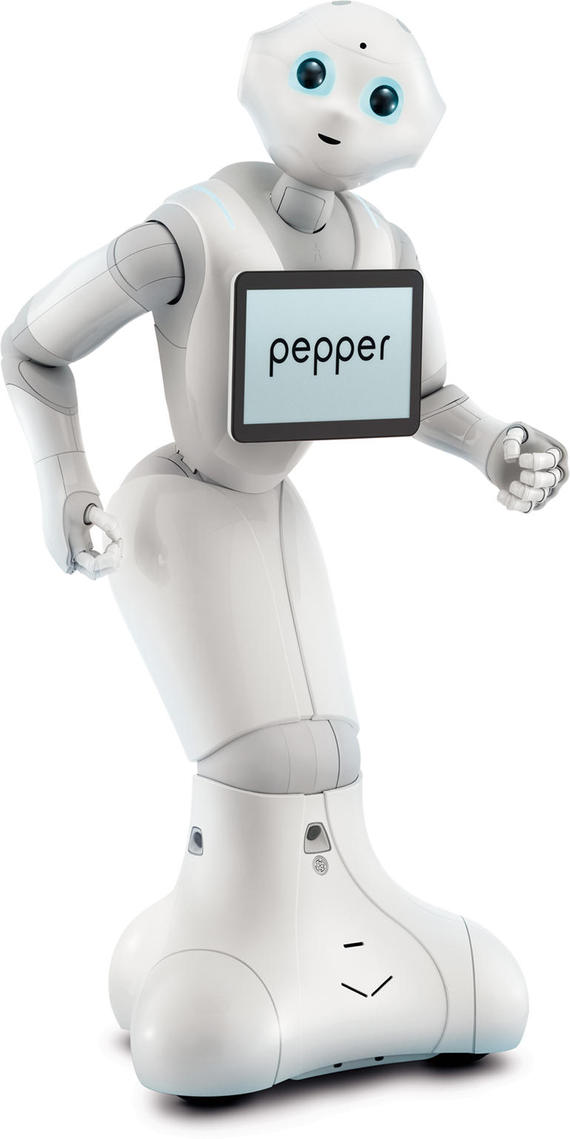
 | ROBOTS IN HUMAN ENVIRONMENTS (RHUM) |
Motion is a key issue for robots and it has been largely addressed in the past forty years. One important aspect related to motion is motion safety, i.e. the ability for a robot to avoid collision with its environment. This issue becomes critical when considering robots designed to move among and to interact with human beings.
 |
| Fig. 1. The Pepper robot. |
When it comes to collision avoidance, the concept of Inevitable Collision States (ICS) is useful. An ICS is a state such that no matter what the future trajectory of a robotic system is, it eventually collides with an object. Robots should never be in one of these ICS. The ICS concept was formally introduced in [1] and later exploited in a number of applications. The ICS concept has so far been used with absolute motion safety in mind, i.e. it is sought to avoid collisions no matter what happens in the environment. In a real environment featuring moving objects whose future behaviour is hard to predict, e.g. people, such a goal cannot be guaranteed. To address this issue, it is interesting to consider weaker motion safety levels. For instance, Ref. [2] has introduced such a weaker motion safety level called Passive Motion Safety: if a collision is inevitable, it is guaranteed that the robot will be at rest (thus mitigating the damage done). The primary purpose of this internship is to further the work done in [2] by considering a robotic platform, the Pepper robot (Fig. 1), which is subject both to no-collision and balance constraints. The design of more sophisticated motion safety levels will also be explored.
Interested candidates (Master, Engineers or PhD Students) pursuing a degree in Robotics, Electrical Engineering, Artificial Intelligence, Computer Vision, Computer Science, or other related fields are invited to apply for admission. Fluency in English is required and knowledge of French is a plus. The candidate should be experienced in object-oriented software development (C++, Java). Any additional experience in Robotics or Computer Vision is welcome.

|